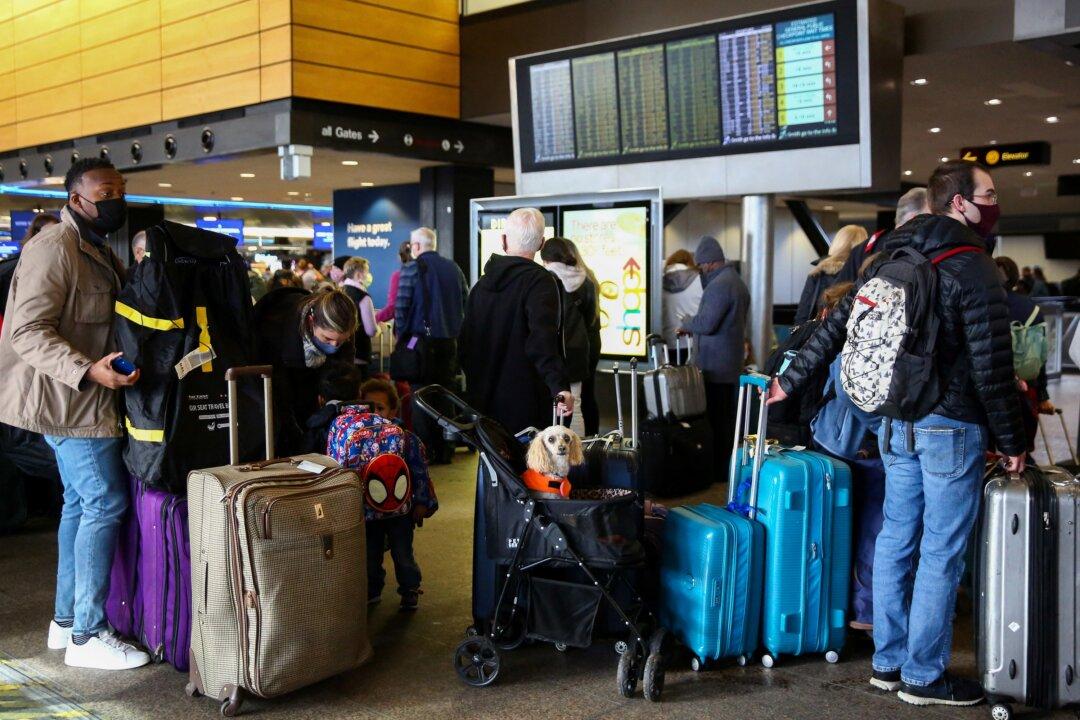WASHINGTON—Transportation Secretary Pete Buttigieg has urged the 10 largest U.S. airlines to do more to help stranded and delayed passengers, calling the level of disruption travelers have faced this summer as “unacceptable.”
Buttigieg, who has faced pressure from U.S. lawmakers who want airlines to offer better service or face stiff fines, has clashed with major U.S. airlines over who is to blame for tens of thousands of flight delays and cancellations this summer.





